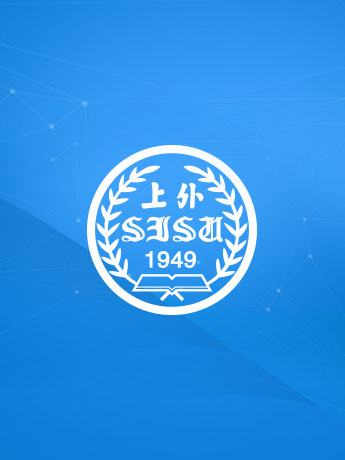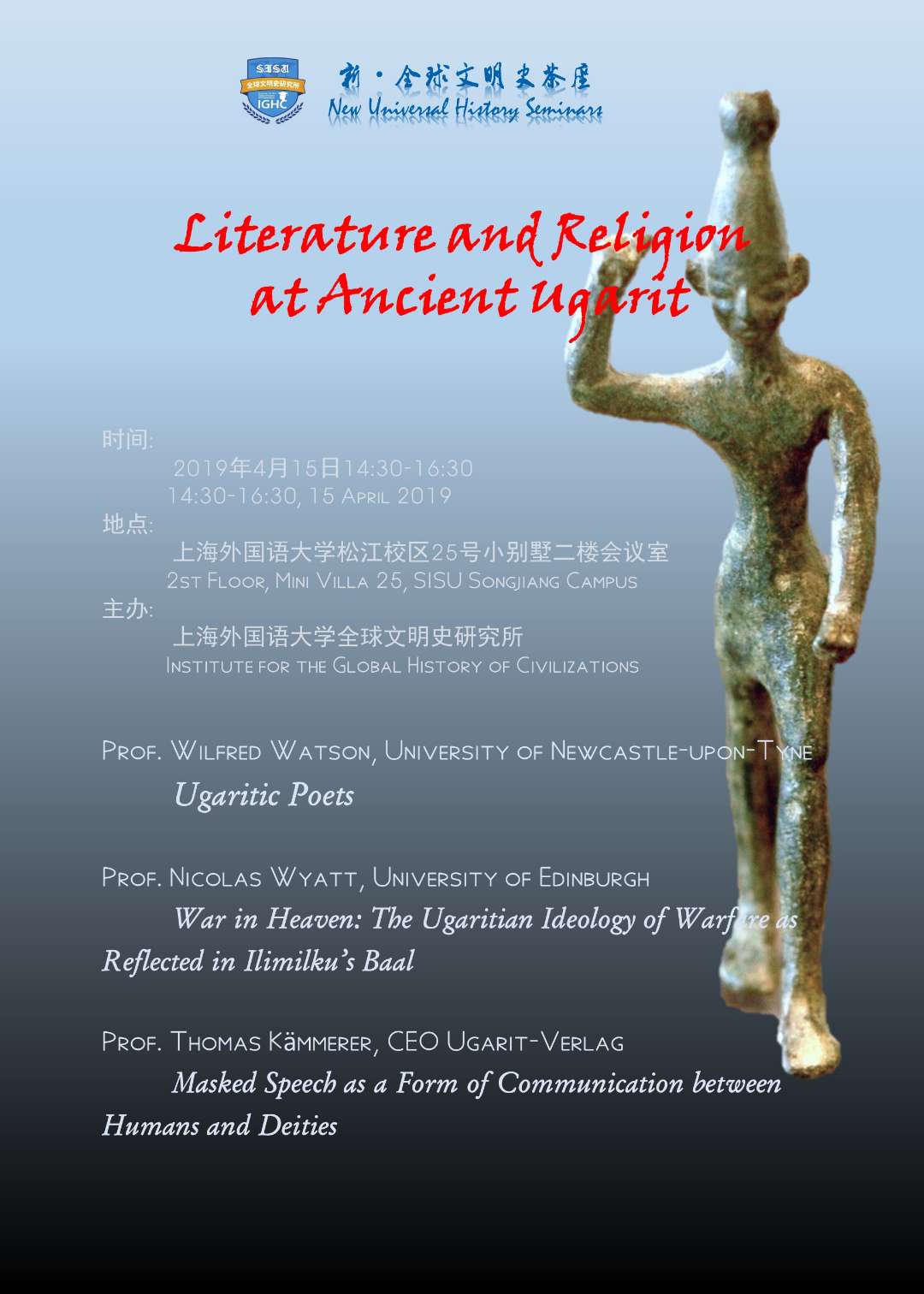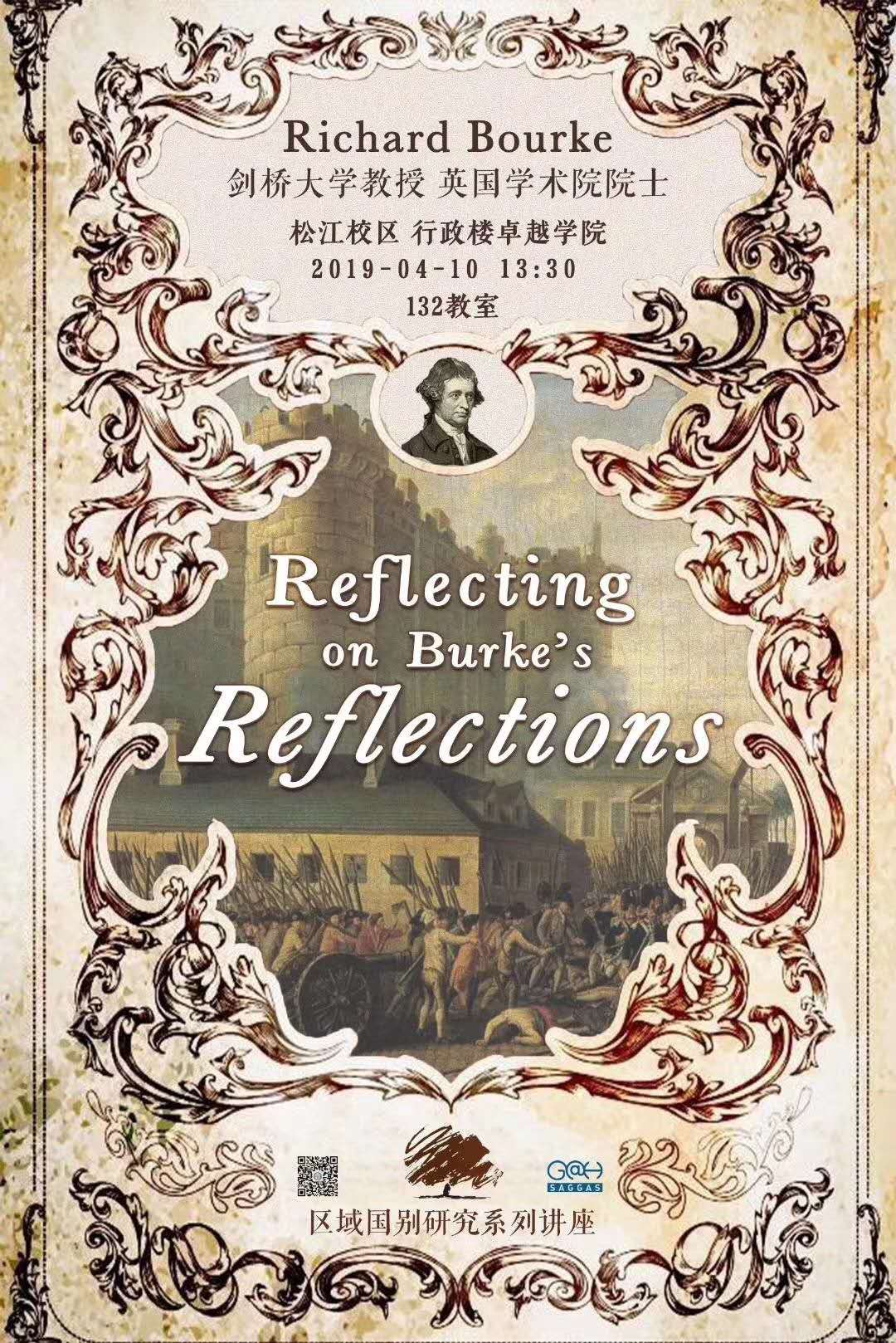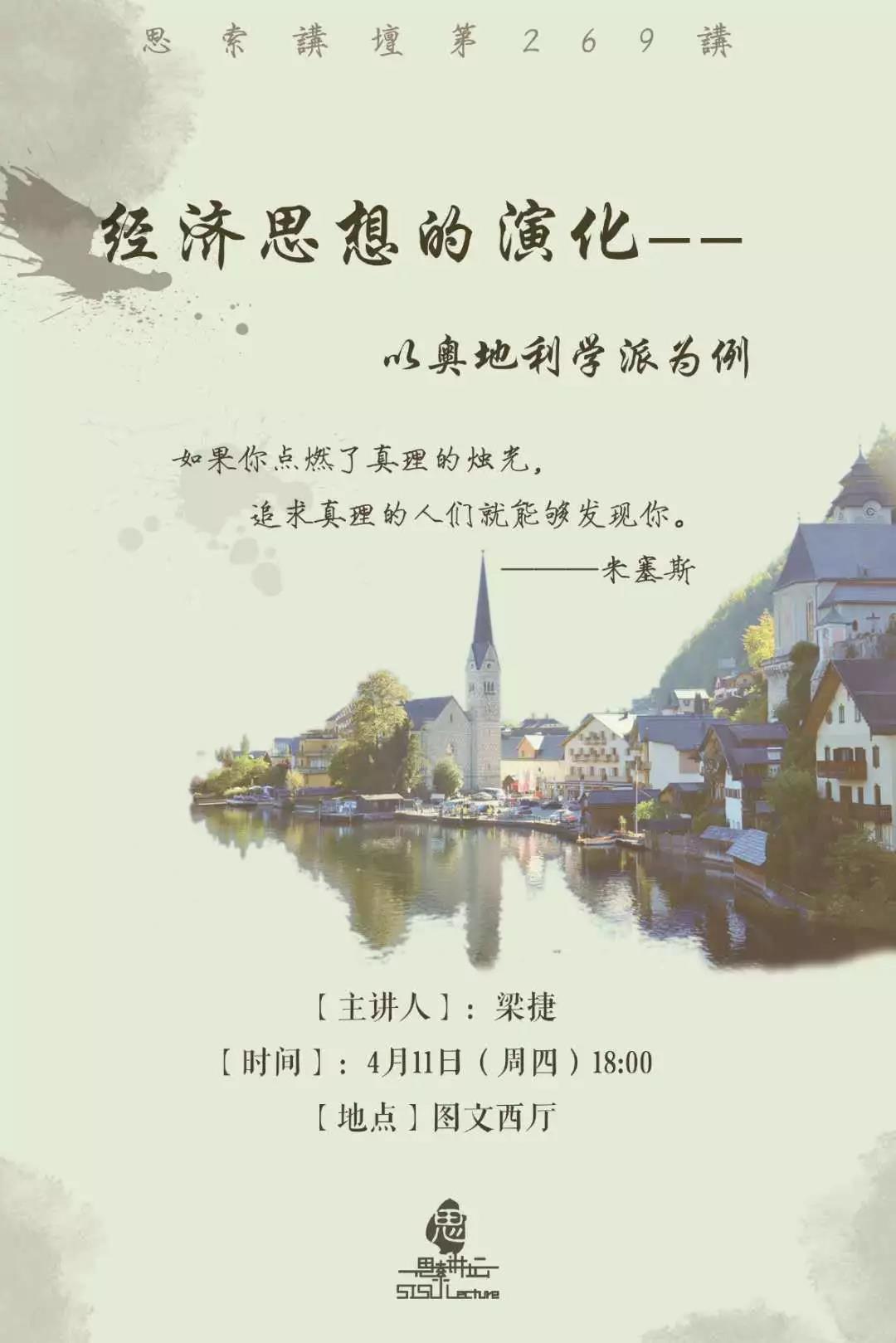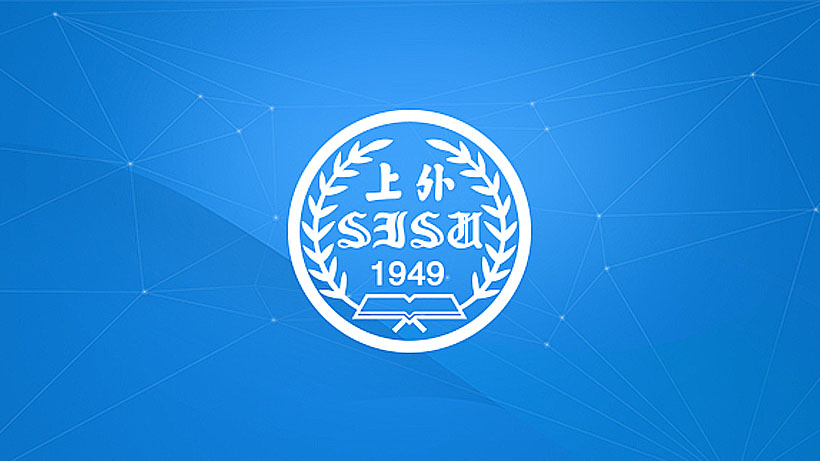
This talk focuses on the two essential aspects of digital divide: the quantity of access and the quality of use. In the information era, while we need to continue to pay attention to narrowing the gap in the access to technology, it is time to examine how the difference in the actual use of technology impacts students learning, career options, and overall development. To fully reap the benefits of information technology, we need to prepare responsible and creative digital citizens.
新闻报道

